
In Angel Pavement, a 1930 novel by J. B. Priestley, a London clerk, Mr Smeeth, takes himself to Queen's Hall on a whim. They are playing Brahms, the first symphony. It was some time before he made much out of it. The Brahms of this symphony seemed a very gloomy, ponderous, rumbling sort of chap, who might now and then show a flash of temper or go in a corner and feel sorry for himself .
What is significant about this response is that a lower-middle-class man with a very basic education feels that he has the wherewithal to understand great music on his own terms. By the time the big tune comes around in the finale, swelling his heart until it nearly chokes him, Smeeth is lifted out of his woes and endowed with hope for a better future. This perception of symphonic music as an improving grace was widespread. Two out of five Mass Observation diarists collected by Simon Garfield in Our Hidden Lives (Ebury Press, 2004) were regular concert attenders in the late 1940s. It was both "the done thing" in English cities to go to symphony concerts and a refuge from the otherwise inescapable gloom of postwar austerity.In America, GIs returning from war to a free college education and a small-town life demanded orchestral concerts of the kind they had heard abroad. The late Russell Johnson, who became the world's foremost concert hall acoustician, told me that he first heard an orchestra when he was in khaki fatigues in Manila and knew instantly that he would never go back to join his father in a blue-collar job. A symphony concert represented aspiration for postwar millions.
Soon, however, the audience grew confused. Modernism introduced a complexity to the concert diet that was beyond the reach of the "ordinary" listener and often painful to the ear. At the onslaught of Webern, Cage, Stockhausen and late Stravinsky, Mr Smeeth and his kind came to feel belittled and unwanted and orchestras struggled with conflicting demands to renew the repertoire and not alienate the audience.
Read the rest here.









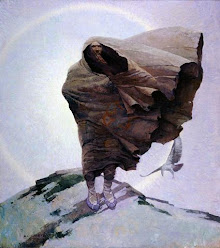














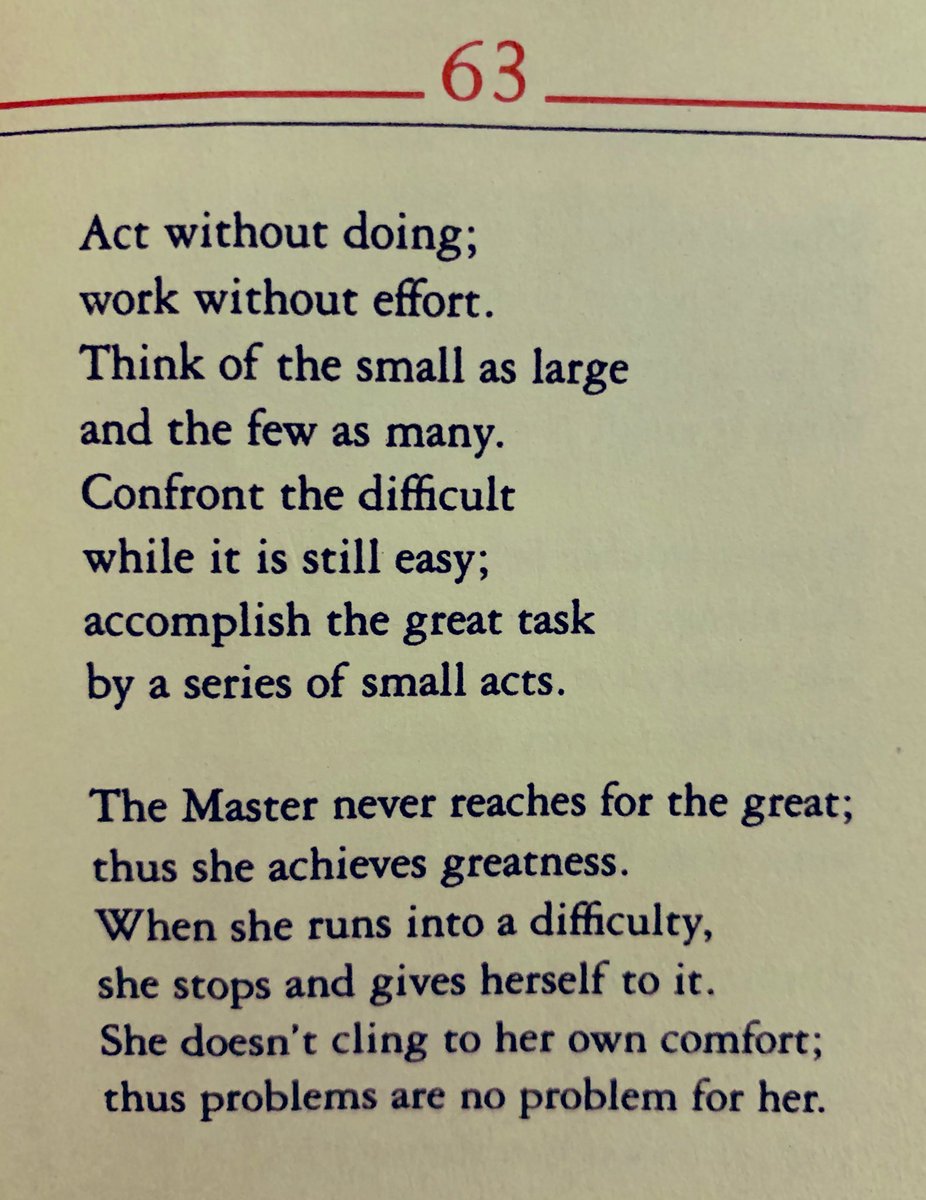















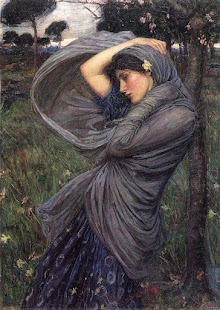





















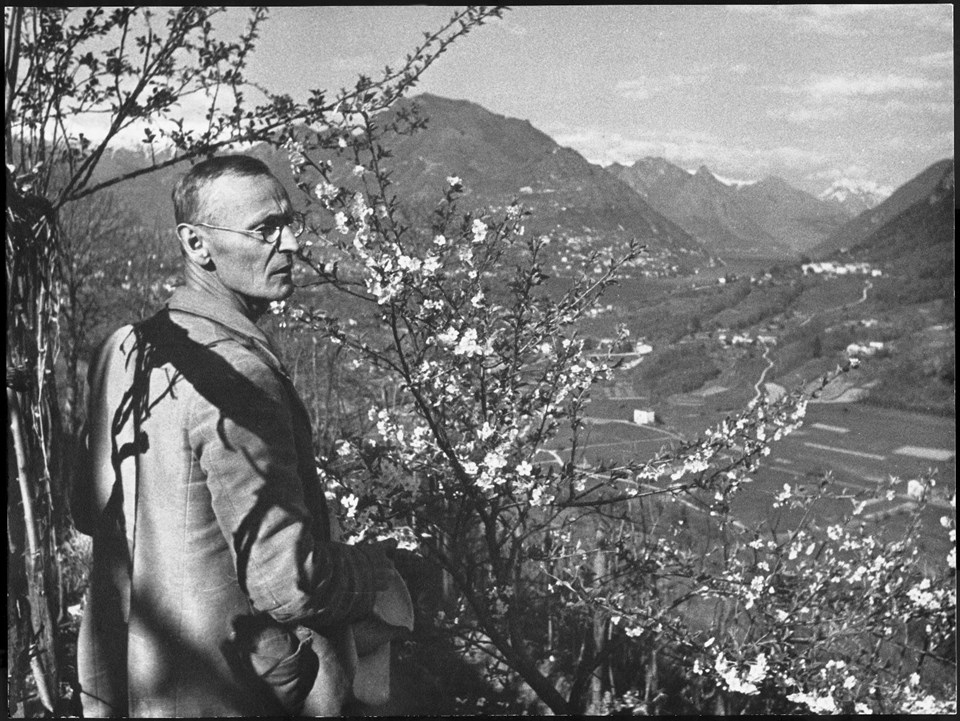


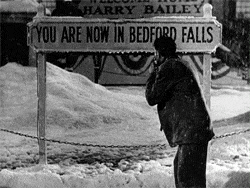







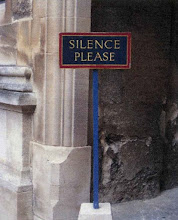









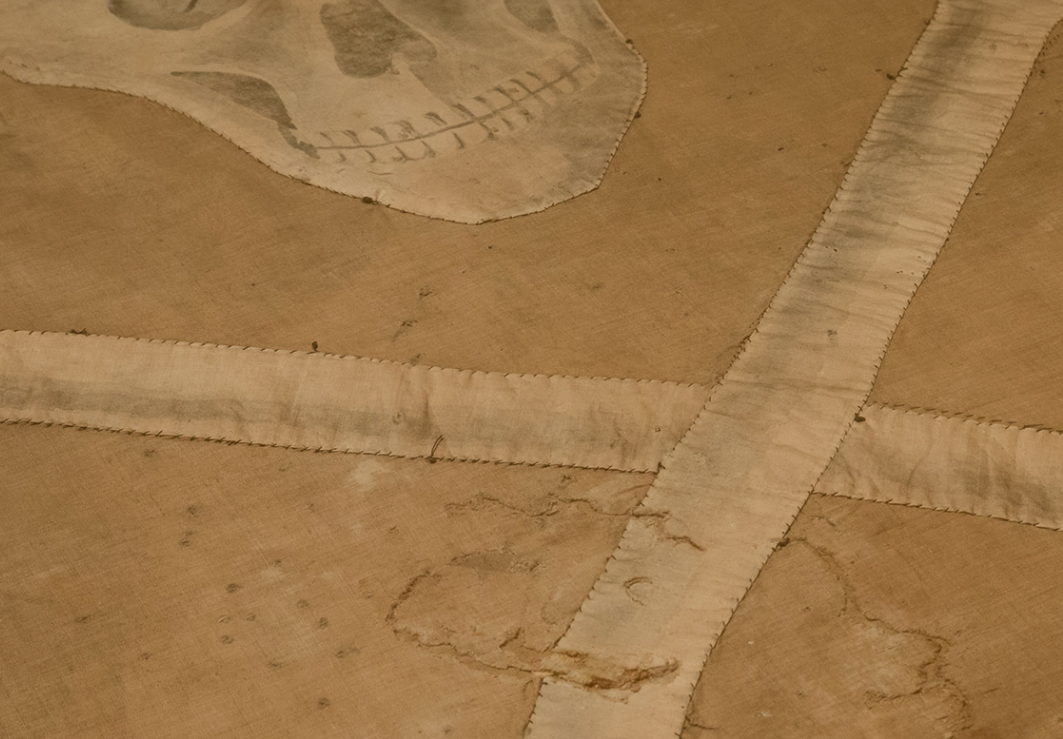

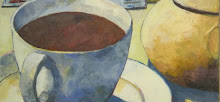
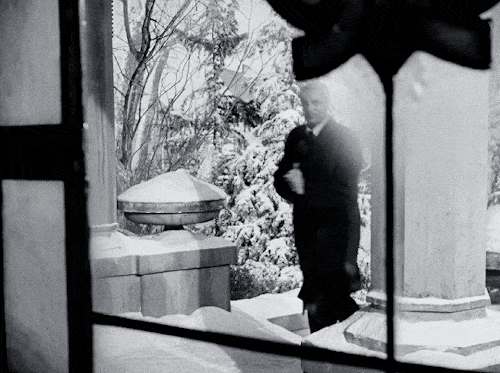





















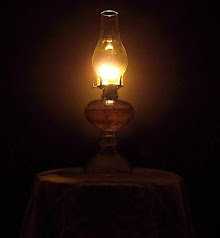







No comments:
Post a Comment